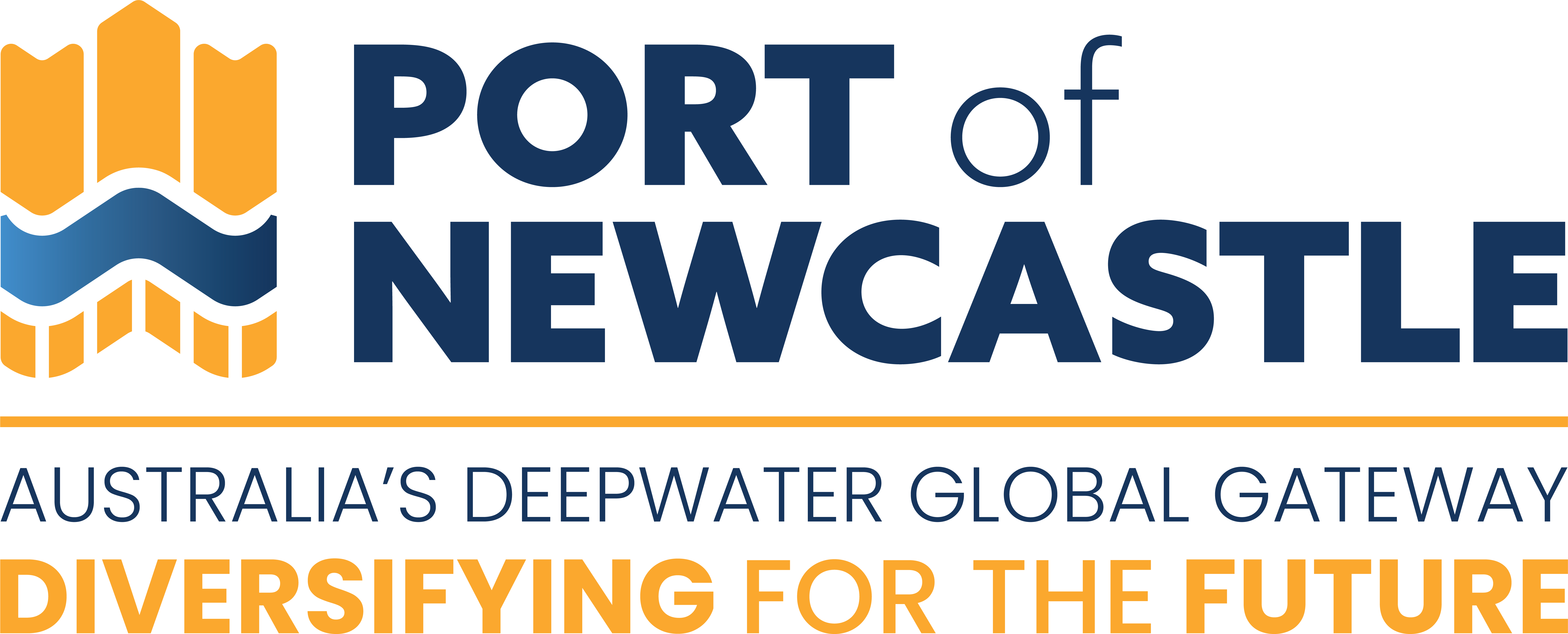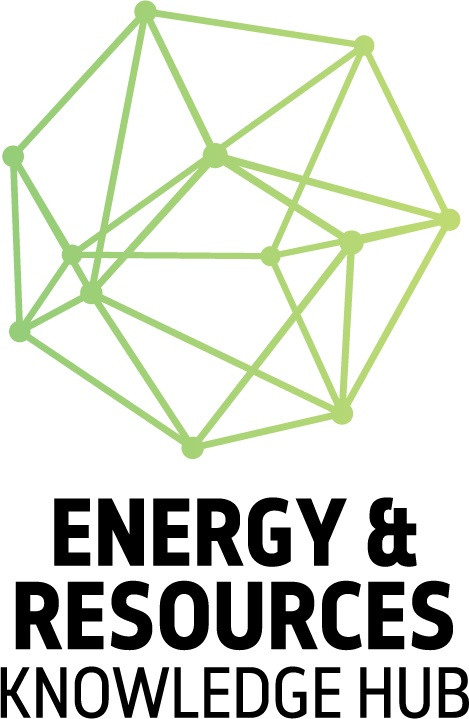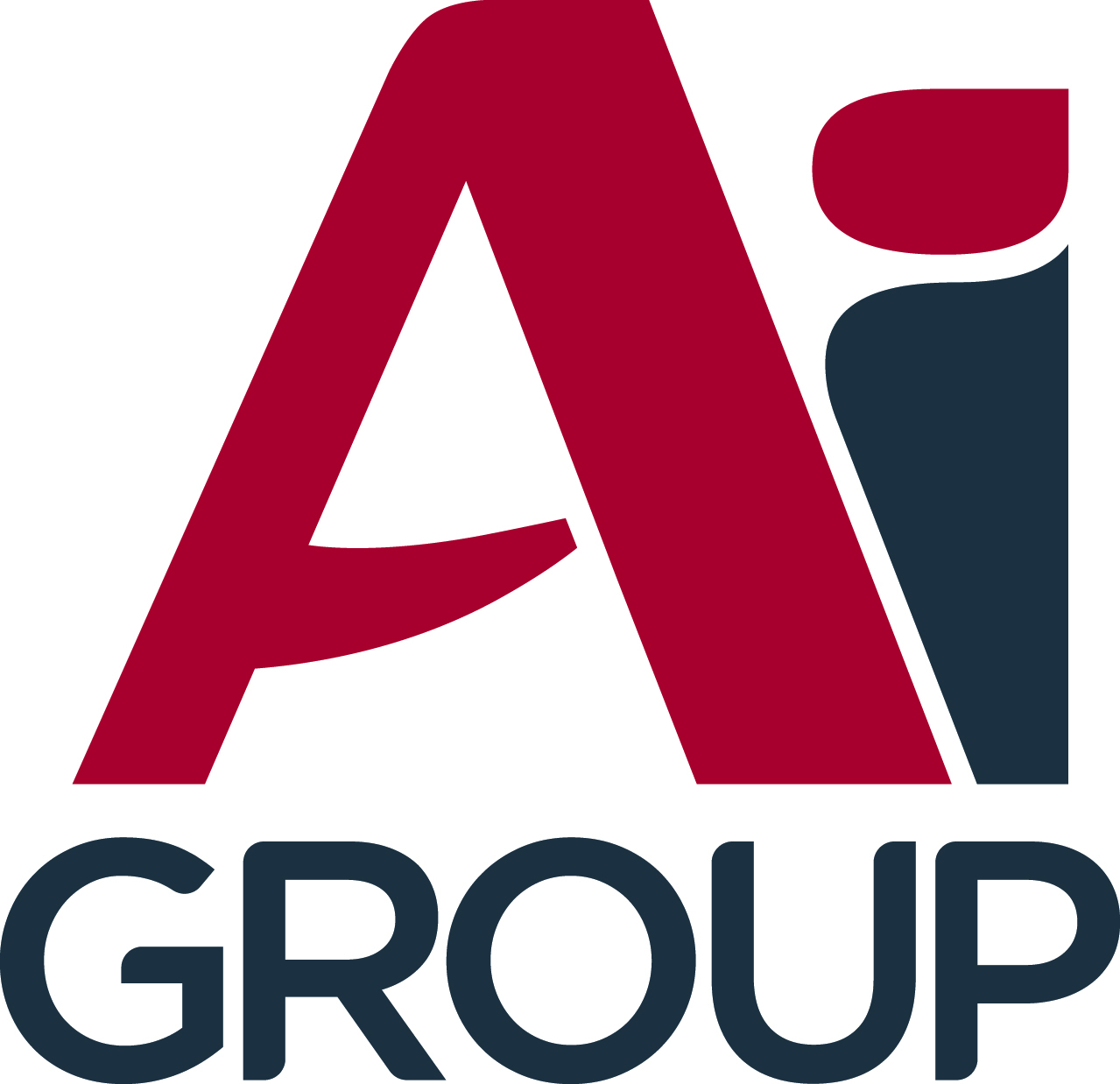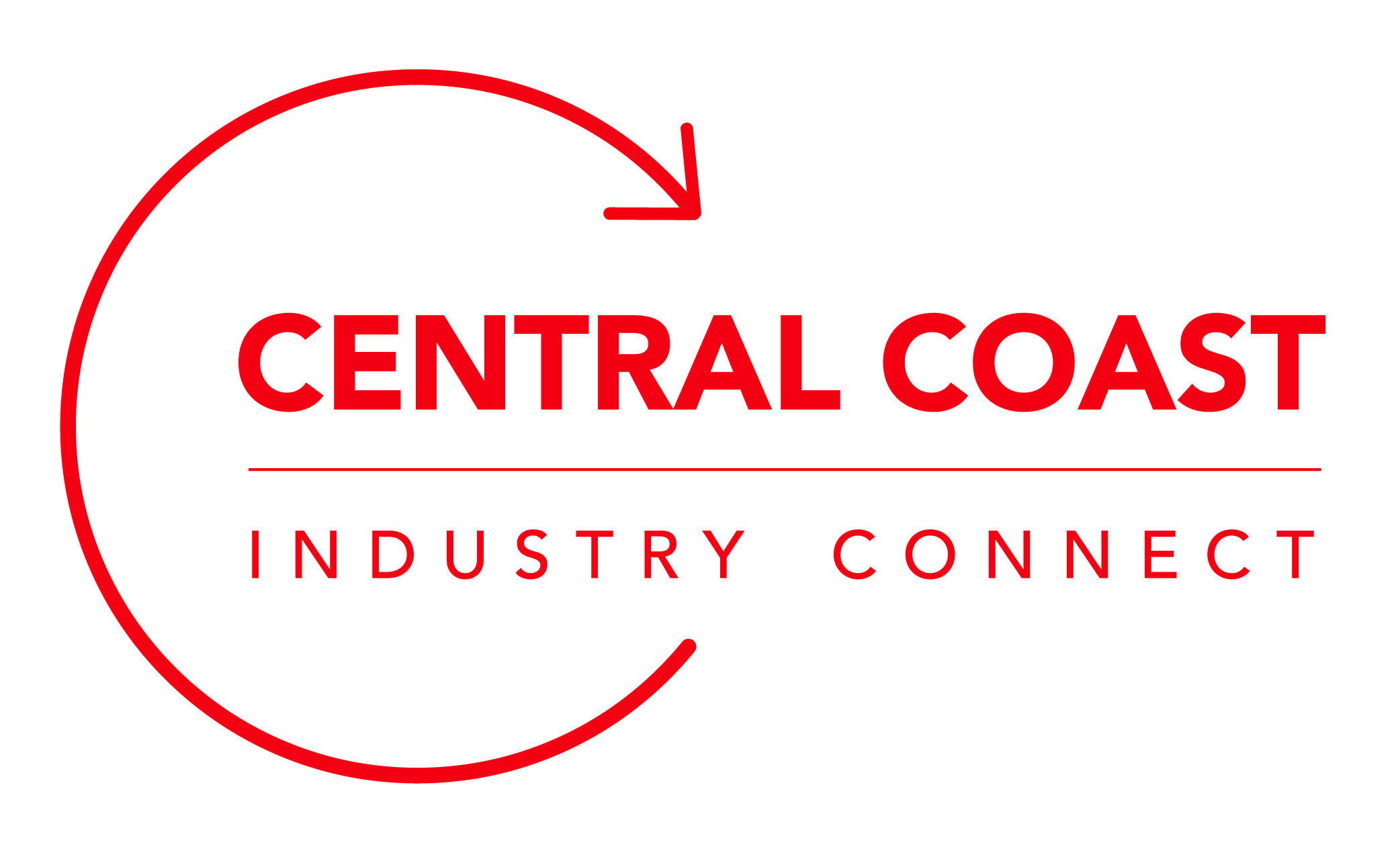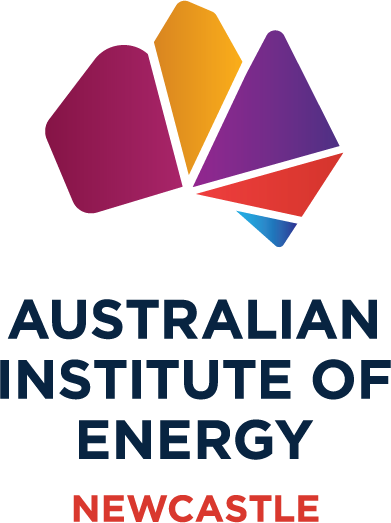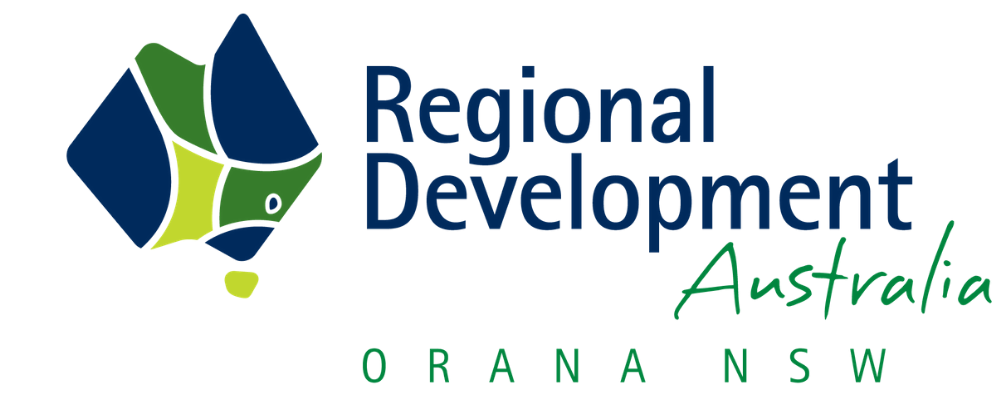World first hydrogen pilot for low carbon alumina
The Australian Renewable Energy Agency on behalf of the Australian Government, has announced funding of $32.1 million for Rio Tinto and Sumitomo Corporation to trial hydrogen calcination technology at the Yarwun Alumina Refinery in Gladstone, Queensland

The project, called the 'Rio Tinto and Sumitomo Corporation Yarwun Hydrogen Calcination Pilot Demonstration Program,' aims to reduce emissions in alumina refining, which currently contributes around three percent of Australia's greenhouse gas emissions.
This pioneering project will be the world's first deployment of hydrogen calcination technology. It will involve the installation of a 2.5 MW on-site electrolyzer to produce hydrogen, as well as the retrofitting of one of the refinery's calciners to operate with a hydrogen burner.
Sumitomo Corporation will own and operate the electrolyzer, supplying the hydrogen directly to Rio Tinto. The electrolyzer will have an annual production capacity of over 250 tonnes of hydrogen.
Rio Tinto will conduct a series of tests on the hydrogen calciner under different operating conditions to validate its suitability and performance. Traditionally, calciners use fossil fuels for process heat, contributing to approximately 30 percent of emissions in alumina refining.
Hydrogen calcination, on the other hand, not only reduces emissions but also produces high-purity steam that can be recycled for use in other stages of the refining process.
The successful demonstration of hydrogen calcination in this project will provide valuable insights and pave the way for its adoption at scale in other alumina refineries. This project builds upon a feasibility study conducted by Rio Tinto, which received a $580,000 grant from ARENA in 2021.
ARENA CEO Darren Miller said the project is an important step in the development for hydrogen calcination and the decarbonisation of the alumina production process.
“This world-first pilot looks to prove a promising technology for decarbonising one of our most emissions intensive industries,” Mr Miller said.
“If this pilot project is successful, it could be a game changer for Australian alumina production, paving the way for deployment across the industry, and underscoring the importance of low-cost green hydrogen to decarbonise our largest industrial emitters. ARENA will continue to support projects at this scale as we develop other larger programs, such as Hydrogen Headstart.”
Australia, being the world's largest exporter of alumina, can significantly benefit from decarbonization efforts in the sector. ARENA's Alumina Decarbonisation Roadmap has identified hydrogen calcination as one of the technologies that can potentially reduce emissions from alumina refineries by up to 98 percent.



